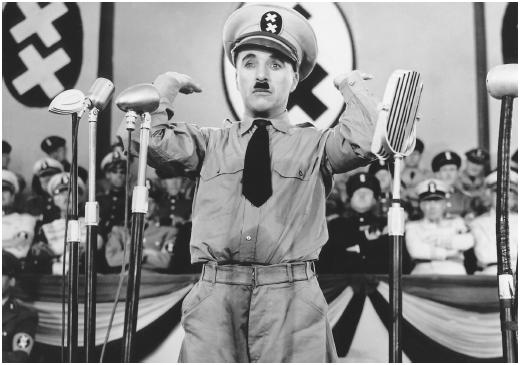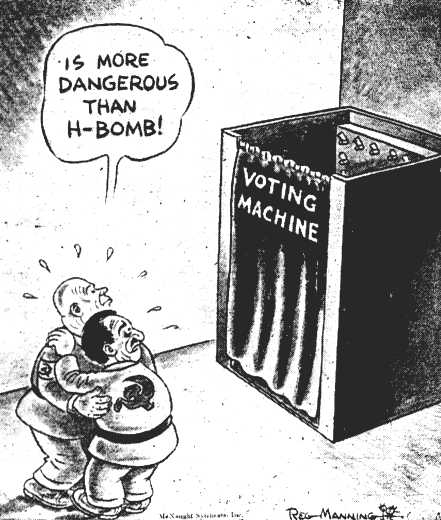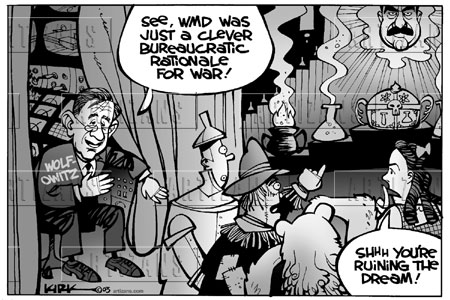 Heroism. What is it? Who needs it? These are the questions of the- Oh, sorry. Got carried away there for a moment (it's been done by more famous men than me when talking about heroism). Among many other circular definitions, dictionary.com defines heroism as "exceptional or heroic courage when facing danger (especially in battle)" (like I said, lots of circular definitions) and "great bravery." Bravery is, of course, "a quality of spirit that enables you to face danger or pain without showing fear" (again with many circular definitions).
Heroism. What is it? Who needs it? These are the questions of the- Oh, sorry. Got carried away there for a moment (it's been done by more famous men than me when talking about heroism). Among many other circular definitions, dictionary.com defines heroism as "exceptional or heroic courage when facing danger (especially in battle)" (like I said, lots of circular definitions) and "great bravery." Bravery is, of course, "a quality of spirit that enables you to face danger or pain without showing fear" (again with many circular definitions).That suggests a few things. Specifically, the ideas of "heroism" and "bravery" seem to be active in nature rather than passive. That is, a person must do something, not merely be in the right place at the right -- or wrong -- time.
The United States Department of State states on their 9-11 website states (emphasis added):
September 11 created a new generation of heroes for America and the world. They came from diverse cultures, and many from faraway lands, but on September 11 — whether they perished in the attacks or bore witness — all were victims and each was a hero. From Pakistan, India, China and Nigeria, their stories are remarkably the same. A human being, not a nationality, saw strangers in need, and in many cases risked — and gave — their own life in order to save another. The global heroes of September 11 spoke different languages, but shared a common humanity.
Are they really heroes? Those who gave their lives? Possibly. Those who fell screaming down forty flights while diving from a collapsing building? No. They were most certainly brave in the sense that a rat fleeing a sinking ship is brave, but not in the same sense that a soldier rising an American flag above Iwo Jima is brave. They did not, in other words, have "a quality of spirit that enabled them to face danger or pain without fear."
Neither, I can hear you saying now, did the soldiers at Iwo Jima face death without fear. No. They did not. But they did have courage. That is, the soldiers at Iwo Jima -- indeed most soldiers -- share a "state or quality of mind ... that enables one to face danger [or] fear ... with self-possession, confidence, and resolution." Giving in to natural instincts does not require courage -- that is, fleeing a sinking ship, or leaping from a collapsing building (knowing there is effectively no chance of survival whether you leap or not) is not an act of courage, but one of self-preservation (no matter how misguided). Self-preservation is not heroism; they are not mutually exclusive, but neither are they the same thing.
I have to say that no matter how pathetic an excuse for an individual "Rockwell" might be, I agree when s/he points out that "being a victim doesn't mean you are de facto a 'hero'." Were there heroes on September 11, 2001? Of course. There are heroes every day all around the world (whether or not you recognize them as such and regardless of their political agenda). Were the victims, unable to do more than die, heroes? Absolutely not.





